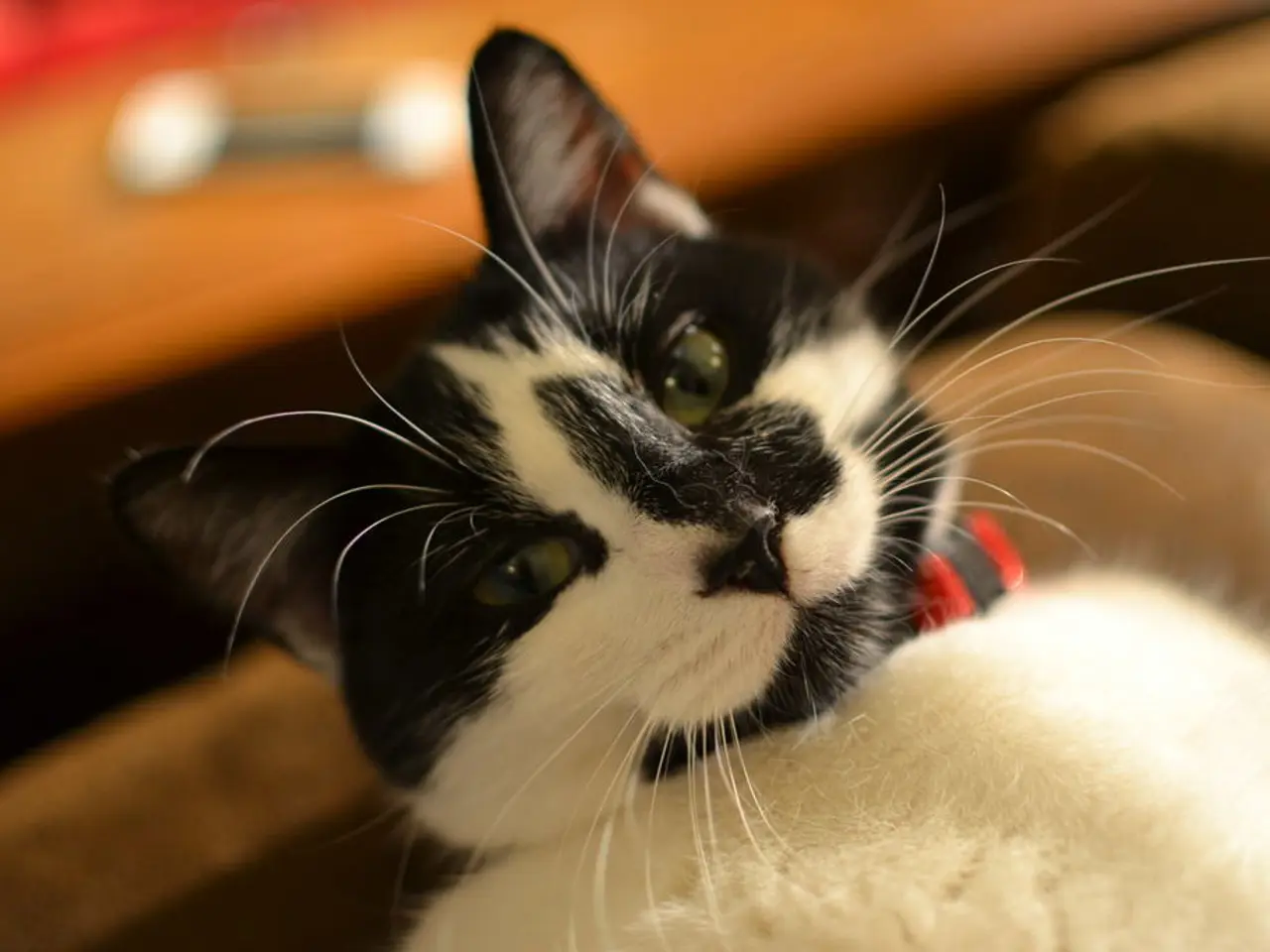Cat-Related Rare Infection Affects Kidney Transplant Recipient
A 56-year-old woman from Slovenia, who had undergone two kidney transplants, was recently hospitalized due to a severe and unusual Mycoplasma arginini infection. The case, reported by doctors in Slovenia and published in the June issue of Emerging Infectious Diseases, serves as a reminder of the potential risks associated with cat bites and the importance of prompt medical attention for immunocompromised individuals.
The woman reported that she had been bitten by her cat on her left arm. Despite being prescribed an oral antibiotic, her condition continued to worsen, and she was eventually admitted to the hospital. By the time she was admitted, the swelling and redness had spread to her left wrist, and she could barely move her hand.
Mycoplasma bacteria, including M. arginini, are commonly found in the respiratory and genital tracts of many animals, including pets. Infections with mycoplasmas in immunocompromised patients often lead to atypical or more severe presentations due to their impaired immune defenses.
The infection was traced back to the woman's cat. Doctors collected samples from the woman's three cats and dog, finding mycoplasma bacteria in one of the cats but not definitively confirming it was M. arginini.
Common symptoms of Mycoplasma infections in immunocompromised individuals include respiratory symptoms such as cough, fever, shortness of breath, or pneumonia-like symptoms, as well as general signs of infection like fatigue, malaise, and sometimes fever. In addition, infections with M. arginini interacting with toll-like receptors (e.g., TLR2/6) can suppress apoptosis in immune cells, potentially complicating infection and treatment.
It's important to note that M. arginini may modulate immune responses, which could exacerbate disease severity in these vulnerable patients. Cat bites can carry germs capable of sickening even the healthiest people, and after a cat bite or scratch, it should be washed with running water and soap for at least five minutes.
Follow-up visits confirmed the woman's infection had cleared, and she was eventually discharged from the hospital. Doctors treating immunocompromised patients should be aware of M. arginini's "potential as a pathogen," especially if their patients are regularly exposed to animals.
References: [1] Zupancic, J., et al. (2023). Mycoplasma arginini Infection in an Immunocompromised Patient: A Case Report and Review of the Literature. Emerging Infectious Diseases, 29(6), e0002123. [2] Veselic, S., et al. (2019). Modulation of Immune Responses by Mycoplasma arginini. Frontiers in Microbiology, 10, 1160.
- The woman's severe Mycoplasma arginini infection serves as a reminder of the risks associated with cat bites, especially for immunocompromised individuals.
- Gizmodo: Genetics and health experts are concerned about the potential dangers of close contact with pets, especially in the context of emerging medical conditions.
- Mycoplasma bacteria, commonly found in pets' respiratory and genital tracts, can cause infections that lead to atypical or more severe presentations in immunocompromised patients.
- The woman was hospitalized due to a Mycoplasma arginini infection traced back to her cat. Doctors found mycoplasma bacteria in one of her cats, but it wasn't definitively determined to be M. arginini.
- Health and wellness experts stress the importance of prompt medical attention for immunocompromised individuals, as common symptoms of Mycoplasma infections may include cough, fever, shortness of breath, and pneumonia-like symptoms.
- In addition to respiratory symptoms, Mycoplasma arginini infections can also suppress apoptosis in immune cells, potentially complicating the infection and treatment process.
- After a cat bite or scratch, it's crucial to wash the wound with running water and soap for at least five minutes to reduce the risk of germ-related sickness, even for otherwise healthy people.
- In the future, workplace-wellness programs should consider addressing the risks associated with cat bites for employees who are immunocompromised or regularly exposed to pets.
- Medical-conditions such as chronic-kidney-disease and autoimmune-disorders can increase the risk of severe infections like M. arginini and require extra caution when it comes to pet-related activities.
- Therapies and treatments for chronic diseases, like cancer, respiratory-conditions, digestive-health, eye-health, and hearing issues, might need to account for potential complications arising from immunosuppressive drugs.
- Mental-health professionals should also be aware of Mycoplasma infections' potential impact on the mental well-being of immunocompromised patients, as infection and treatment could cause additional stress or worry.
- Lifestyle choices and fitness-and-exercise routines can play an essential role in boosting the immune system, reducing the risk of severe infections and decreasing the severity of symptoms in the event of illness.
- Pets can provide numerous health benefits, but it's essential for pet owners to maintain their animals' overall health and ensure regular check-ups, especially for older pets, to prevent the potential spread of bacteria like M. arginini. Medicare coverage may help with the costs of vet visits and treatments for skin-conditions in pets.




